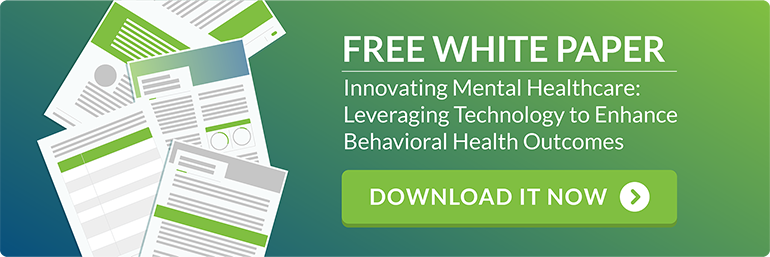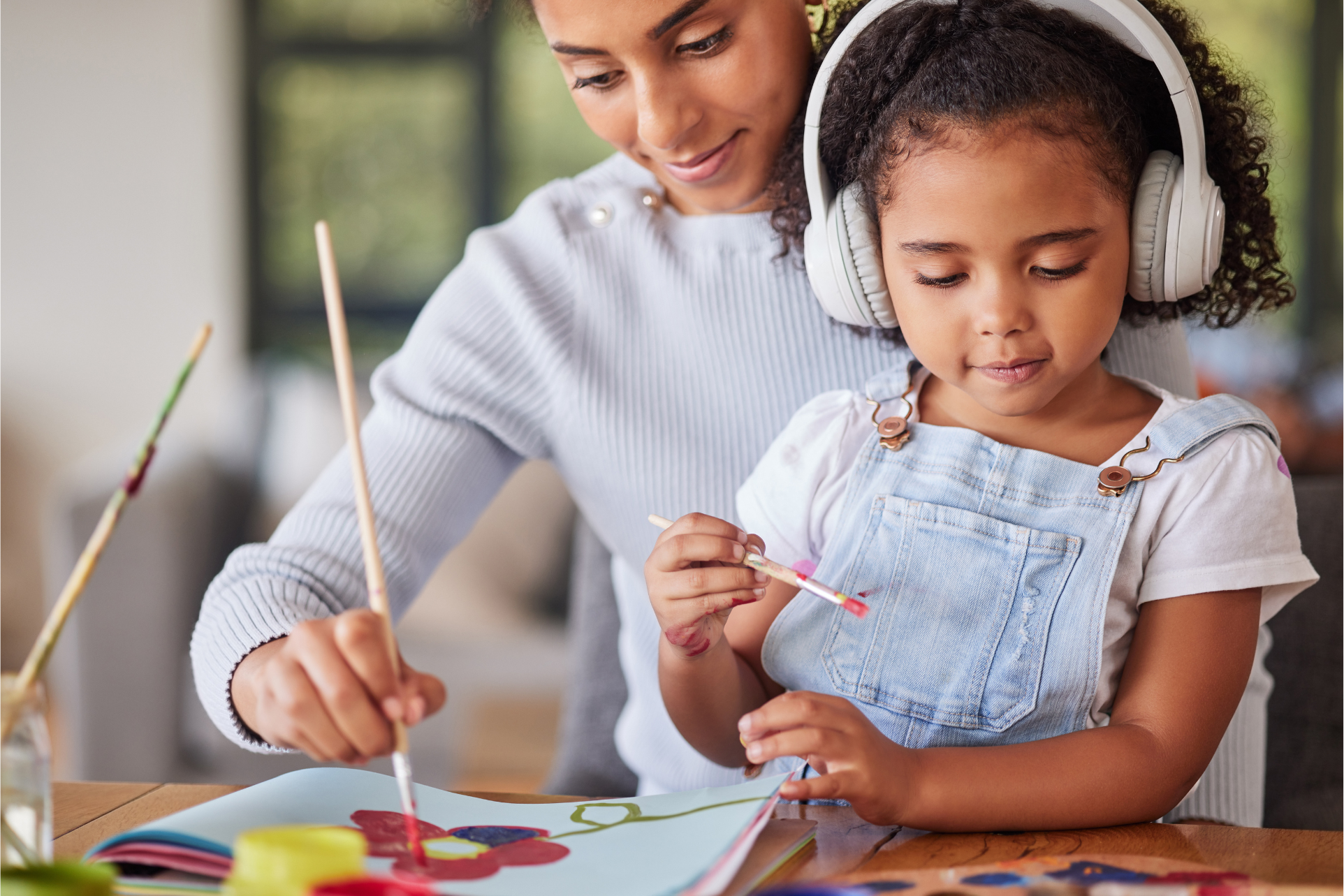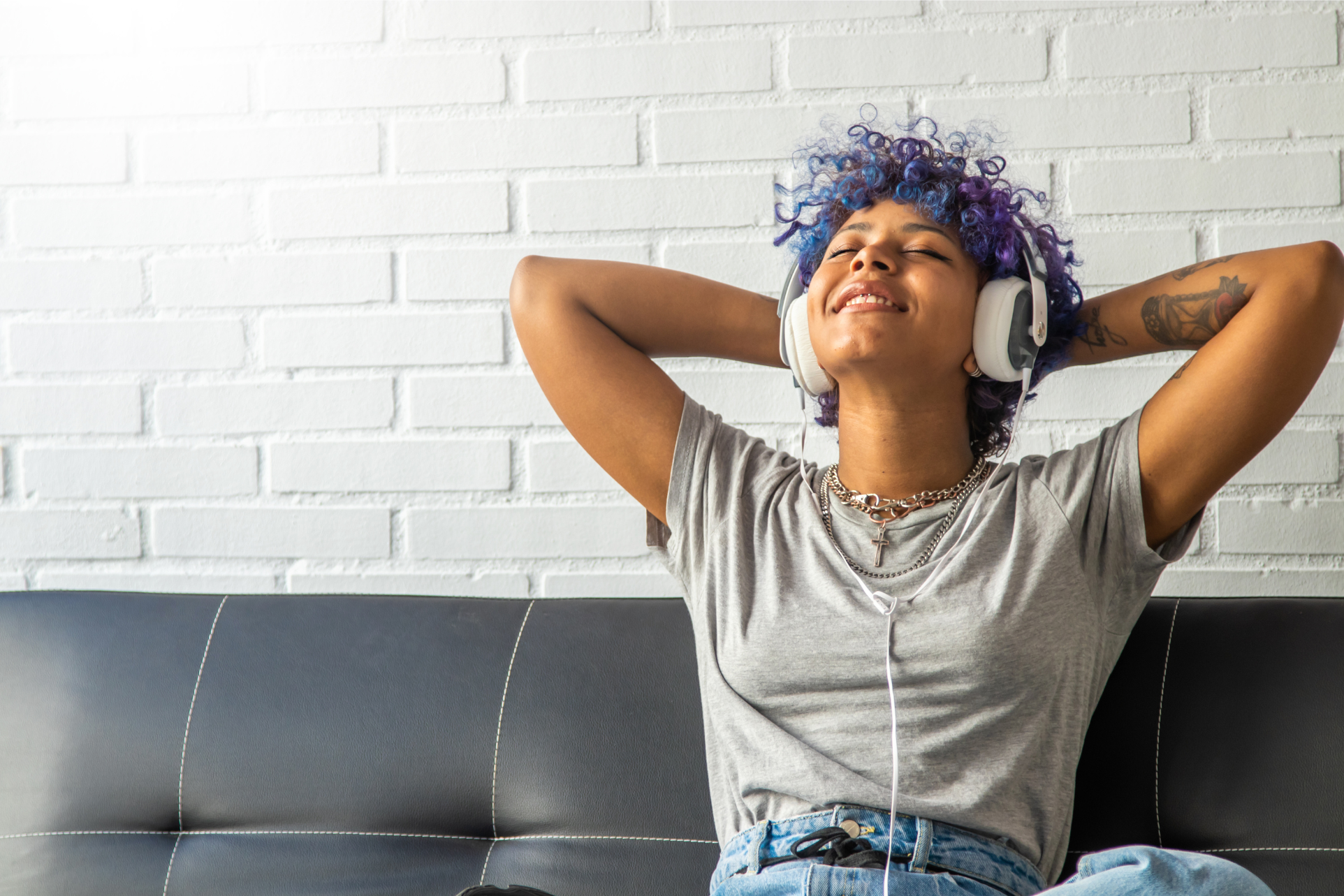The Bridgeway Perspective: Pioneers of the Every Day Matters Program Reflect on its Success
Diane Piagesi-Zett is Director of the Sussex Community Support Teams at Bridgeway Rehabilitation Services, where she oversees Partial Care, Integrated Case Management, Program to Assist with Transition from Homelessness, Community Support Services, and Supported Employment.
Ron Allen is Program Director for Sussex County, and Team Leader of the Partial Care Program at Bridgeway Rehabilitation Services.
The Every Day Matters program is a Personal Concierge™ system of patient care that was created for mental health care management and serves as a model for increasing the efficacy and improving the qualitative experience of patients in any health care environment.
After the Every Day Matters program was instated for six months, GoMo Health visited Bridgeway Rehabilitation Services to interview Diane and Ron about it. Keep reading below as we all dig into the Every Day Matters program.
Why did you think this specific population would benefit from a program or service like Every Day Matters?
[Diane] First, they would feel connected. Beyond the face-to-face time that they receive, we knew that they would feel connected to us after hours. The program takes messages from their program or training, and keeps them in the moment, reinforcing it for them. It also reduces feelings of isolation…isolation is one of the largest factors in people recovering successfully, and not just for mental illness, but for any chronic illness and just for quality of life in general.
In general, it encourages participation. It keeps that feeling of participating in something, not just for themselves, but for a group. It keeps all of that fresh and available. And we do find that people save the messages; they don’t clear it out, and they will go back and look and scroll through…and then some will save certain messages into certain places.
[Ron] Being able to reach people outside of these five hours is meaningful. We’ve had people say, “Yeah, I wasn’t coming in, but that message came in and I changed my mind.”
The program has been launched for over 6 months and has received substantial positive feedback. Why do you think the program works and what problem areas do you think it has addressed/ continues to address?
[Ron] I think the problem area [that the program addresses] is the feeling of being disconnected.
[Diane] The program offers consistency and a feeling that what is learned here is meant to be used 24/7, which is our consistent message. It feels as if someone is engaging with and supporting persons served outside of business hours. It reminds members that we will be here to return to either the next day or that Monday, so it keeps that hope and that anticipation.
The Every Day Matters program is designed based on the engagement theme and approach of a membership-based model. How does this theme complement the existing practices and techniques deployed by Bridgeway Rehabilitation Services? Are there any additional core principles that you think Every Day Matters complements?
[Diane] Every Day Matters is another way, or a venue, to spread the message of hope, belief in recovery, belief in self efficacy, and the possibility of applying what is learned here in the environment when it is needed. Those are real core principles for a psych rehab. It also offers a repetition of the information which we know is important for learning, and then it is passive homework handed to [the person] to do so [the person] doesn’t have to set it up.
[Ron] All of this is about support; people feeling connected is the driving force to having some sense of hope and the possibility of getting somewhere in their recovery. I think it lines right up and it’s just really an extension; it’s another tool. I like the thought of passive homework, like, “here’s a little something” when they’re not in this environment. And I think that’s really the biggest thing, people tend to think of Bridgeway as the only place to feel better, and that’s a limited viewpoint. We don’t want that. We want people to take what they’re learning here and take it home and practice it…when you go to the store, practice it when you’re with your family… take those skills and employ them there.
You have mentioned that resources from the Care Messages have been used as teaching material during program session on numerous occasions. What benefit do you see in using the content from the Every Day Matters program? What emotions or behaviors has it triggered for the persons served?
[Diane] It’s a reinforcement of their learning, an opportunity to apply learning…it’s familiar and safe language because they hear it here, and then they’re hearing it at home. It evokes thoughts of being in the program with others and being supported so it’s trying to take that little safety thing with them somewhere else.
People will try what is suggested, feel relieved, and then they feel successful in the moment. It has relieved racing thoughts, and it has interfered, twice now we know, with suicidal ideation. It contains reminders that things will get better, that there are ways to lift mood, there are ways to make change.
[Ron] It disrupts that loop [of racing thoughts] that people get into…I think for this [the EDM program] to be disruptive, but also to steer people out of the loop, is what we want to achieve.
Do you think as the years go on, this program is going to be more effective because the younger generation has been conditioned to associate their phone lighting up with joy/excitement? And do you think that’s something that the older population doesn’t necessarily feel connected with as opposed to the younger population?
[Diane] I think yes, there are those (even in the older population) who are very connected to their phones and are becoming more so. I think as time goes on, this population that we work with will probably be less disconnected. Right now, they just don’t have the disposable income or the social network of people who are Facebooking, liking, texting…but it’s growing. So, over time, I think it will become more acceptable, and this will be a common way to be linked in. I’m really appreciative that we’re at the beginning of that happening instead of trying to catch up to that happening because I think it’s going to emerge, more and more. Especially with limited resources and limited payment, this will be how people start getting their mental health services.
You have mentioned that when the persons served sign up for the Every Day Matters program, it is as if they are signing up for a commitment to recovery. What are your thoughts behind that statement?
[Diane] We are starting to shift responsibility and accountability, with the commitment of signing up. We often say this program is teaching people to make good choices in different ways.
[Ron] There’s a passive approach to recovery or an active approach, and we’re trying to steer people towards the active approach. The people that approach it actively are the ones that succeed more…for recovery, you need to have that sense of responsibility. People need that hope, that need to feel empowered.
GoMo Health collaborated with Bridgeway Rehabilitation Services to publish a white paper about the Every Day Matters program. The paper details the program, its effects on the community, and BehavioralRx®, the science used to implement it. Download it for free by clicking the button below.







Find Us Online